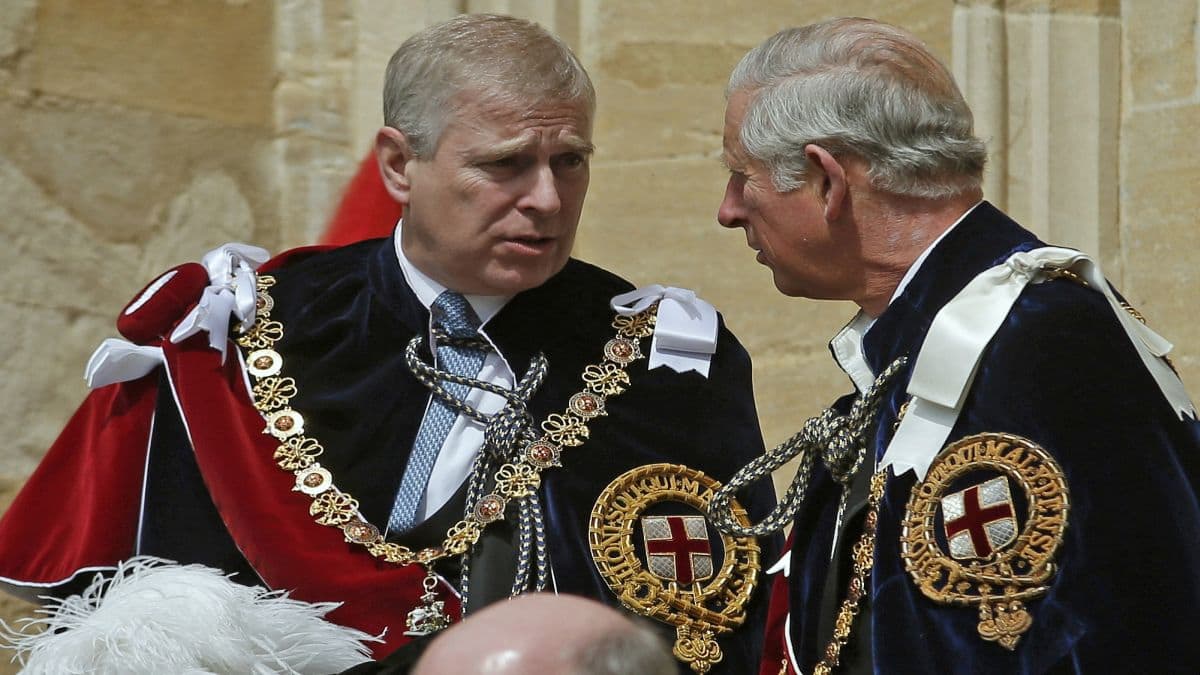One of the most harrowing terrorist attacks in the history of Russia broke out on October 23, 2002. Around 40 Chechen militants seized a crowded theatre during a live performance in Moscow.
If you are a history geek who loves to learn about important events from the past, Firstpost Explainers’ ongoing series, History Today will be your one-stop destination to explore key events.
Nearly 300 US and French soldiers were killed in Beirut, Lebanon, on this day in 1983 when two suicide bombings shook the city. In 1964, Jean-Paul Sartre turned down the Nobel Prize in Literature, becoming the first laureate to decline the honour.
Here is all that took place on this day across the world.
Hostage crisis in Moscow theatre
A scary hostage situation took place as approximately 50 Chechen militants seized the Dubrovka Theatre in Moscow during a sold-out performance of the musical Nord-Ost on October 23, 2002. As many as 850 people were taken hostage. The attackers, led by Movsar Barayev, demanded the immediate withdrawal of Russian forces from Chechnya and an end to the Second Chechen War. They threatened to detonate explosives planted throughout the theatre if their demands were not met.
The hostage-takers, who identified themselves as a suicide squad from the “29th Division,” allowed some hostages to make phone calls to their families, providing a glimpse into the tense and deteriorating conditions inside the theatre. The militants reportedly had grenades, mines, and improvised explosive devices strapped to their bodies, and had deployed more explosives throughout the theatre. The situation was further complicated by the presence of foreign nationals among the hostages, leading the attackers to promise to release anyone who showed a foreign passport.
After three days of negotiations, Russian special forces pumped an incapacitating gas into the theatre’s ventilation system. While this action led to the end of the siege, it also resulted in the deaths of at least 150 people, including both hostages and militants. The exact composition of the gas remains undisclosed, and its use has been widely criticised due to the lack of information provided to medical personnel treating the survivors.
US and French troops attacked in Beirut
One of the deadliest terror attacks on US military personnel took place on October 23, 1983, when two suicide bombings in Beirut claimed the lives of nearly 300 US and French troops stationed in Beirut.
At 6:22 am local time, a suicide bomber drove a truck filled with approximately 12,000 pounds of explosives into the US Marine Corps barracks at Beirut International Airport. The explosion caused the building to collapse, killing 220 Marines, 18 sailors, and three soldiers.
Just minutes later, another suicide bomber targeted the French military barracks known as “Drakkar” in the Ramlet al-Baida district of Beirut. This attack killed 58 French paratroopers and injured 15 others. In total, the bombings resulted in 307 deaths: 241 US service members, 58 French soldiers, and six civilians.
The Islamic Jihad Organisation, a pro-Iranian Shiite militant group, claimed responsibility for the attacks. The bombings were believed to be a response to US and French support for Iraq during the Iran–Iraq War, as well as their involvement in the Multinational Force in Lebanon, which aimed to stabilise the country amidst its civil conflict.
Jean-Paul Sartre turned down Nobel Prize
In 1964, French philosopher and playwright Jean-Paul Sartre was awarded the Nobel Prize in Literature. By doing so, he became the first laureate to decline the honour. The Swedish Academy had chosen him for his profound influence on contemporary thought, praising his work as “rich in ideas and filled with the spirit of freedom and the quest for truth”.
Sartre had anticipated the award and had already informed the Academy of his decision to refuse it. He explained that he had always declined official distinctions and did not wish to be “transformed into an institution”. In a letter to the Swedish Academy, he stated that his refusal was based on personal and objective reasons, and not intended to slight the Academy.
Despite his prior communication, the Academy proceeded with the announcement. Sartre expressed regret that his refusal had caused a scandal and reiterated his reasons in a public statement, emphasising his desire to maintain his autonomy as a writer.
This Day, That Year
Apple introduced the iPod on this day in 2001.
In 1956, the Hungarian Revolution began with a massive demonstration in Budapest.
The Disney animated classic Dumbo had its world premiere in 1941.


)

)
)
)
)
)
)
)
)



